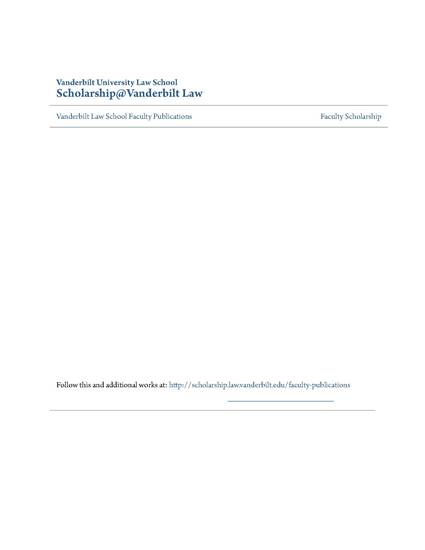
- discrimination,
- gender,
- segregation,
- Title VII,
- minorities,
- women,
- inequities
Naomi Bishop, the protagonist of the 2016 film "Equity," is the rare "she-wolf of Wall Street."' At the beginning of the film, Bishop appears on a panel at an alumni event. She explains her career choices to the young women in the audience as follows: I like money. I do. I like numbers. I like negotiating. I love a challenge. Turning a no into a yes. But I really do like money. I like knowing that I have it. I grew up in a house where there was never enough. I was raised by a single mom with four kids. I took my first job on Wall Street so I could put my little brothers through college. But I am not going to sit here and tell you that I only do what I do to take care of other people, because it is okay to do it for ourselves. For how it makes us feel. Secure? Yeah. Powerful? Absolutely. I am so glad that it's finally acceptable for women to talk about ambition openly. But don't let money be a dirty word. We can like that too. The movie portrays its female characters as driven and disciplined, but not any more scrupulous than the men. In "Equity's" vision of Wall Street, the main difference between male and female bankers is the impossible standard that the women are held to. Bishop learns early in the film that she has hit the glass ceiling, with the only explanation being "the perception that she "rubbed some people the wrong way." The screenwriters heard many versions of this story when doing research for the film. Female executives in Silicon Valley tell similar stories... Gender and the Tournament argues that this model of advancement is "intrinsically gendered." It privileges traits traditionally associated with men, such as aggressiveness, overconfidence, and narcissism. This leadership mold not only disadvantages women, it also increases income inequality. The winners keep winning, widening the gulf between the one percent and everyone else. And the tournament is bad for the economy as a whole-encouraging employees to promote their own careers rather than the good of the business. It incentivizes short-term gains at the expense of long-term growth. Gender and the Tournament advocates for the use of Title VII' s disparate impact theory to challenge tournament-style management practices that serve no business function and weed out women. Professors Cahn, Carbone, and Levit' s argument is compelling and insightful, and their Article makes a valuable contribution to Title VII scholarship.
Available at: http://works.bepress.com/jessica-clarke/5/
